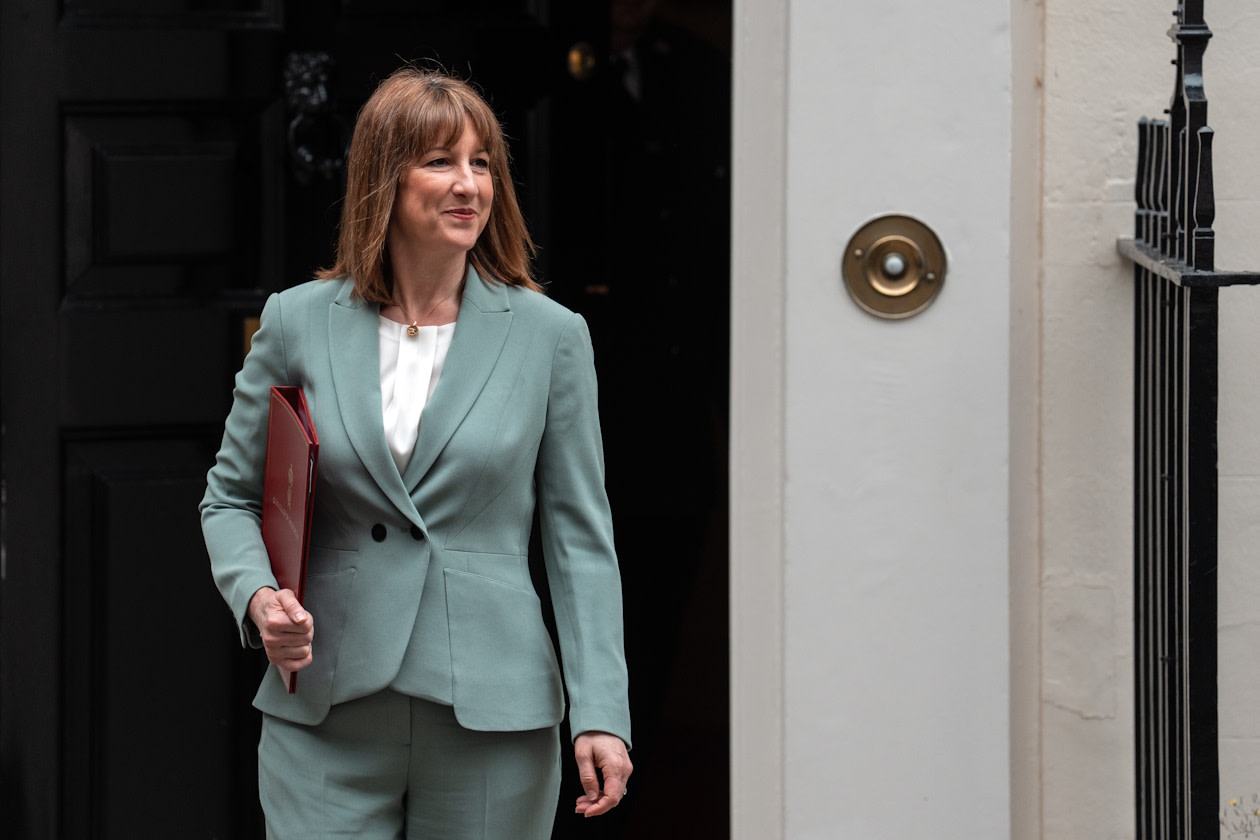It’s been less than a year since the government took power, and its priorities have shifted as global events appear to have overtaken domestic politics.
Following Labour’s first budget in 14 years and the spring statement, Rachel Reeves’ spending review will now set out what each government department will be getting over the next few years.
But what was announced and what does this mean for you?
This article isn’t personal advice, if you’re not sure an action is right for you, ask for financial advice.
How did financial markets react to the Spending Review?
Rachel Reeves’ spending plans have been greeted by a calm reaction from financial markets so far. The pound has flexed its muscles against the dollar, amid hopes for better growth prospects ahead.
The FTSE 100’s hovering near a record high, while the domestically-focused FTSE 350 has gained ground.
Housebuilders are among the biggest gainers today, after the Chancellor pledged to spend £39bn on affordable homes over the next decade. This is alongside Labour’s pledge to build 1.5mn new homes by the end of this parliament.
While going for growth and fixing the NHS are still central to the decisions made in this Spending Review, bolstering the nation’s defence is now a pressing need.
Much of this had already been factored in, so there’s not been big moves in defence contractors today.
What about gilt markets?
A major key to the Spending Review is not scaring away bond investors in UK government debt.
The UK needs to keep them onside, to keep the costs of borrowing lower. If the UK is seen as fiscally untrustworthy, gilt holders could demand more bang for their buck to bankroll the nation’s plans.
For now, it seems to have done the trick. UK 10-year gilt yields have edged up slightly but remain lower than levels reached earlier in the year. It indicates government’s latest tax and spending plans have not ruffled more feathers among bond investors.
Hopes appear to be kept alive that the focus on infrastructure spending will provide the essential ingredient to boost growth. This could increase the tax take and relieve pressure on government finances ahead.
Movements in gilt markets aren’t solely linked to UK policy, yields also have a history of moving in the direction of Treasuries, US government debt. With concerns remaining over the impact on US debt of Trump’s big tax and spending bill, there is the potential for UK government borrowing costs to rise further.
It’s also unclear how effective the planned boost to productivity though AI initiatives and other programmes aimed at boosting public sector output will be.
Could taxes rise in the future?
The Chancellor’s still walking a tightrope.
The economy is hemmed in by slowing global growth due to tariffs, reducing the tax take. Defence spend is rising, borrowing costs remain high, and there’s continuing political clamour for more concessions for vulnerable groups.
Tweaking tax in some way at the Budget in the autumn has been ruled out but could be necessary. How big fiscal changes could be, will depend on what happens in the months ahead.
With a busy summer ahead, make sure you don’t miss out on what Rachel Reeves announces and potentially changes ahead of the next budget, and what it means for your money.
Sign up to our weekly Editor’s Choice email and we’ll send you the latest.
(Photo by Carl Court/Getty Images)


